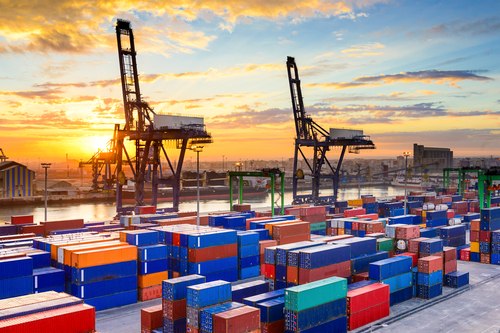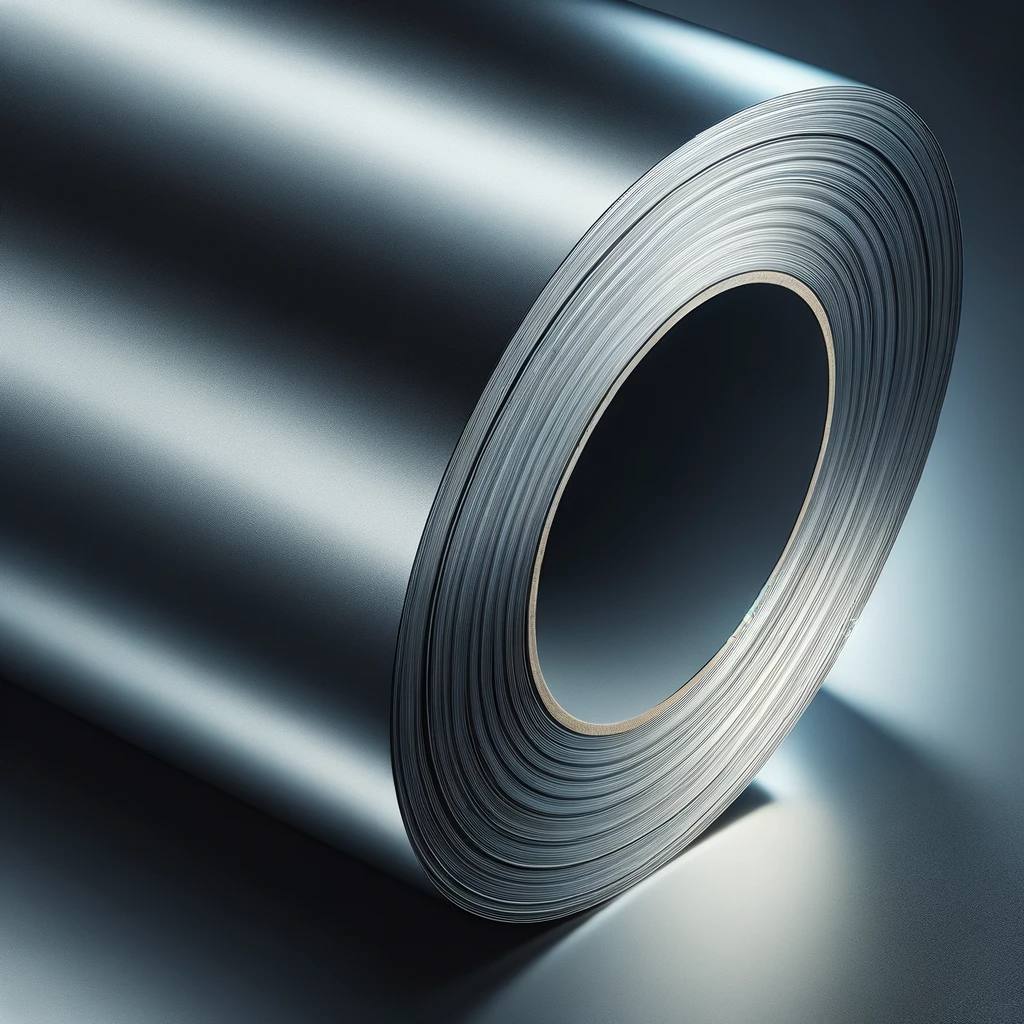India implemented several measures to facilitate trade
25. February 2021
According to a recent WTO report, since 2015 India has implemented several measures to facilitate trade such as simplification of trading procedures and the customs clearance for imports and exports. Namely, India introduced digital systems to ease trading such as Indian Customs Electronic Gateway (ICEGATE); Single Window Interface for Facilitation of Trade (SWIFT); the Direct Port Delivery and the Direct Port Entry facilities; and the increased use of the Risk Management System (RMS). Currently, the Geneva-based WTO is reviewing India’s trade policy for the sixth time and as a result will publish a Trade Policy Review (TPR) paper. The TPR is of importance to monitor and peer-review each WTO member’s national trade policies, in this case India.
So far, the WTO is satisfied with India’s progress such as reduction in the number of documents required for trading as well as the automation of the customs clearance for import and export. However, the report also revealed that India’s trade policy remained largely unchanged since the previous review in 2015. To manage to market situation, India relies on trade policy instruments like tariffs, export taxes, defined minimum import prices as well as import and export restrictions and licensing. As a result of this policy, tariff rates and other policy instruments are subject to frequent changes which creates uncertainty for traders.
With respect to the rapidly expanding size of the Indian market foreign trading partners, both leading industrialized but also developing countries, are expecting a greater liberalization of India’s current trade policies, especially in the area of agriculture. Calls have been made to harmonize its standards regime with international standards as well as reducing anti-dumping duties and other trade-remedy measures. To this end, India plans to introduce mandatory product certifications for additional 150 products within 2020. The relevant authority undertaking the whole process will be the state-related Bureau of Indian Standards (BIS), the national body for industry standards. Product certification according to the Bureau of Indian Standards (BIS) was introduced in July 2013 and is intended to guarantee quality, safety and reliability to third parties.
While this measure could initially put pressure on importers, it is also an opportunity to increase sales and strengthen your company’s market presence in India. We would be pleased to assist you with BIS certification and are also available to answer any questions you may have. MPR International GmbH – India Certification offers you a complete package for BIS certification, where you will be optimally supported.
If you are interested in understanding what requirements are needed for your product to be imported into India, please do not hesitate to contact us by email or phone at +49-69-271 37 69 261. There is no cost or obligation for us to check for you. If a certification need is discovered we can provide a quotation to make sure that all your certification needs are covered.
If you have any questions you can also use our chat-window in the bottom right. (Please check your browser settings if you can’t see the window)
For more information about BIS certification, please refer to our free brochure “BIS Certification Made Easy“.











